Publications
Articles, publications, books, tools and multimedia features from the U.S. Institute of Peace provide the latest news, analysis, research findings, practitioner guides and reports, all related to the conflict zones and issues that are at the center of the Institute’s work to prevent and reduce violent conflict.
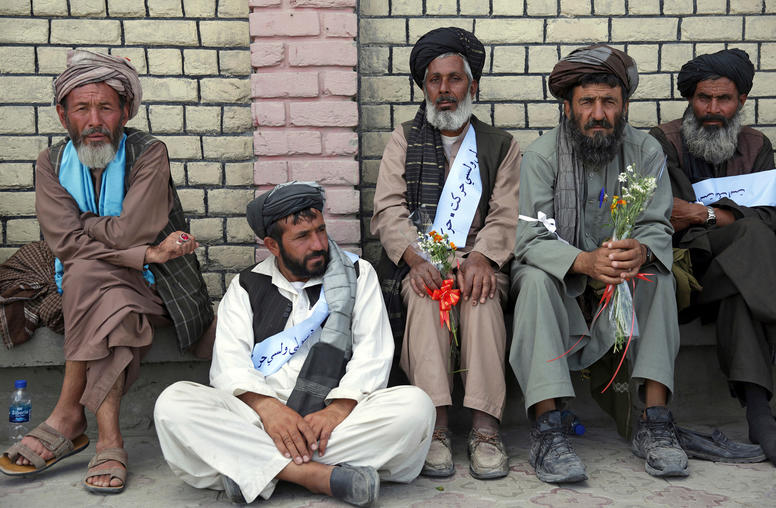
Perspectives on Peace from Taliban Areas of Afghanistan
Notably absent from the debate around peace in Afghanistan are the voices of those living in parts of the country that have borne the brunt of the fighting since 2001—particularly those living in areas under Taliban control or influence. This report provides insight into how Afghan men and women in Taliban-influenced areas view the prospects for peace, what requirements would have to be met for local Taliban fighters to lay down their arms, and how views on a political settlement and a future government differ between Taliban fighters and civilians.
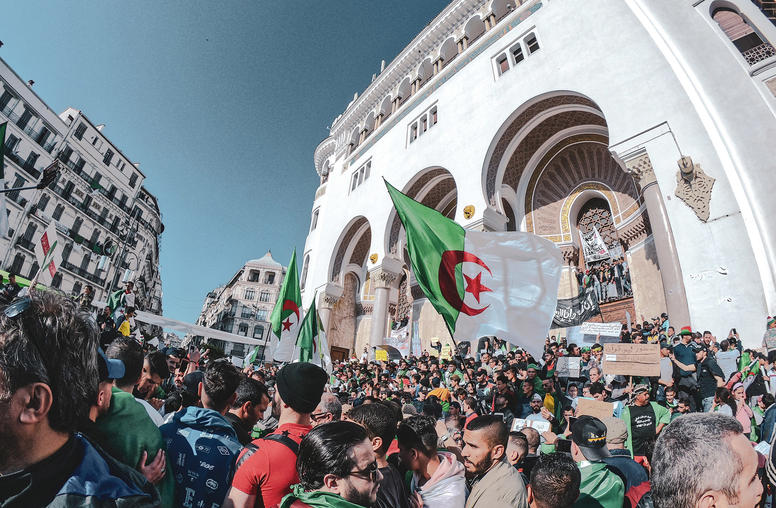
Why Algeria’s Protests Continue After Bouteflika’s Ouster
It’s been two months since longtime Algerian dictator Abdelaziz Bouteflika resigned following weeks of mass protests. But, Algeria’s protest movement has continued to maintain pressure on the army, which is overseeing a 90-day transitional period. Protesters have even recently called for the resignations of interim president Abdelkader Bensalah and Prime Minister Noureddine Bedoui, who were appointed by Bouteflika days before his resignations. With elections scheduled for July 4, what’s next for Algeria? USIP’s Thomas Hill looks at what the protesters want, if an election can satisfy their demands, and the regional implications of Algeria’s continued unrest.
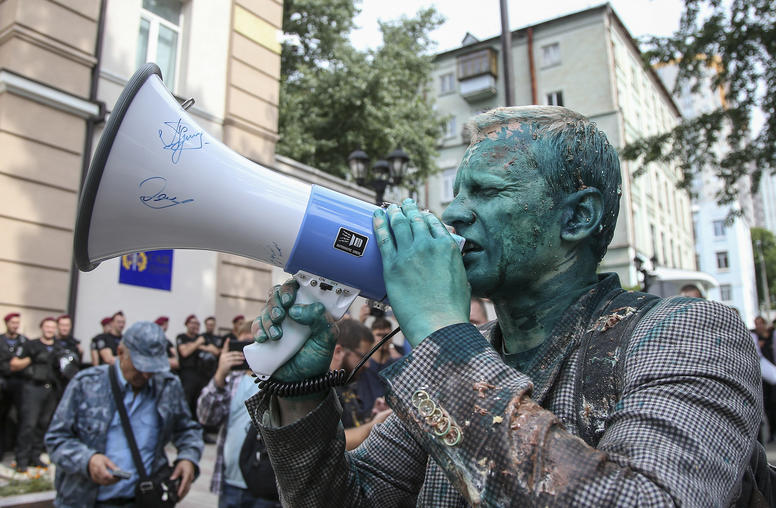
Ukrainian Activism for Transparency and Accountability: Two Steps Forward, One Step Back
In the wake of the Euromaidan protests that toppled the government of Viktor Yanukovych in 2014, Ukrainian activists and civil society organizations have pressed hard for anti-corruption reforms and greater openness and transparency in the public sector. Five years later, however, corruption remains a fixture of civic life—and a majority of Ukrainians believe the fight against corruption has been a failure. This new report reviews the changes that have taken place in the anti-corruption movement since the Euromaidan and identifies practical actions the international community can take to support reform efforts in Ukraine.

Payton Knopf on the Stakes in Sudan
What’s at stake in Sudan as tense negotiations between the Transitional Military Council and protesters continue? “We need to see a swift transition to civilian-led rule,” says Payton Knopf. “Otherwise I’m afraid what will result is increased instability … or potentially a catastrophic failure of the state.”
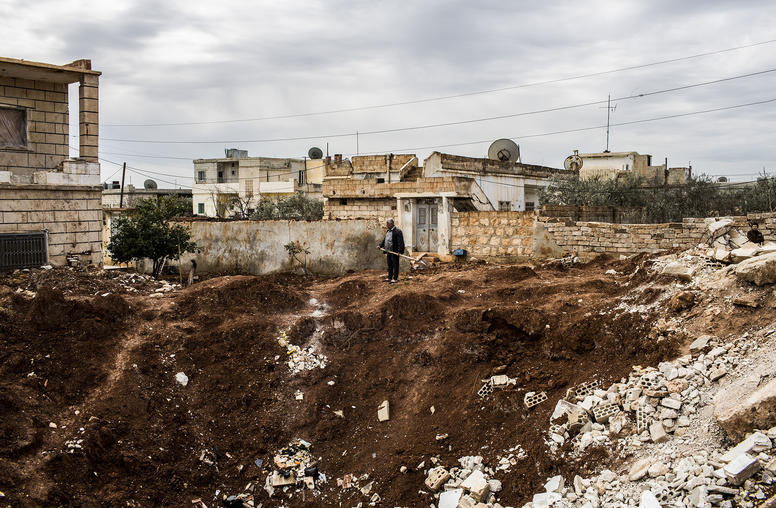
Syria’s Ghalia Rahal: Surviving War, Building Peace
Amid the traumas of Syria’s war, women like Ghalia Rahal are building an unprecedented role in peace talks over their country’s future. Rahal—the founder of a network of women’s centers in northwest Syria—has helped energize a Syrian women’s movement despite threats from extremists, attacks on her workplaces, and the assassination of her son, a journalist. Now, Rahal and her women’s network in Syria’s Idlib Province face an extreme threat—the Syrian government military offensive against the province that has killed hundreds and displaced nearly 200,000 people.

Belquis Ahmadi on the Afghan Peace Process
Reflecting on recent conversations in Doha and Kabul, USIP’s Belquis Ahmadi says that Afghans told her they want peace, but are not willing to sacrifice the hard-won gains of the last 18 years to get there. As U.S.-Taliban talks move forward, the extent of the Taliban’s evolution on issues like women’s rights remains in question. “I’ll believe it when I see it,” says Ahmadi.
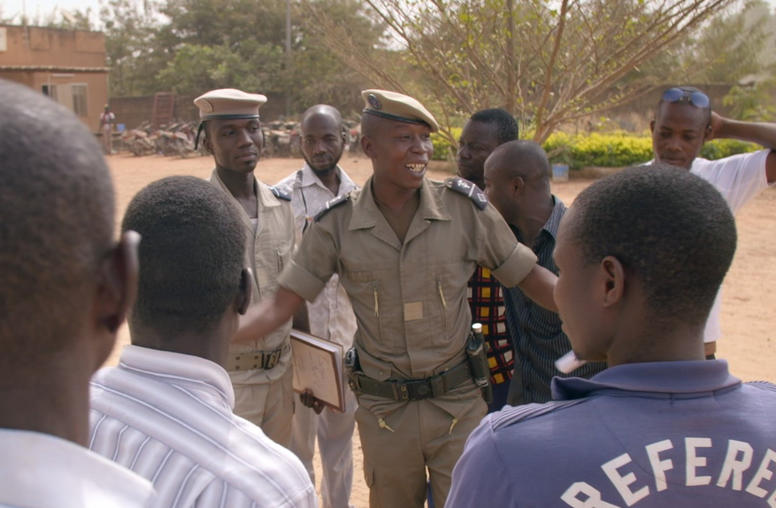
Amid Rising Sahel Violence, Burkina Faso Builds a Response
A perfect storm of violence is breaking upon Africa’s Sahel. Since late 2018, communal conflicts—many over access to food, water or productive land—have produced thousands of deadly attacks. Across the region, nearly 4,800 people died in conflicts from November to March, according to the violence-monitoring group ACLED. The greatest surge in bloodshed is in Burkina Faso, where communal militias or religious extremists killed 500 people over five months. But amid the dire headlines, governments and civic groups in Burkina Faso and other Sahel countries cite progress in stabilizing communities with a basic step that simply has seldom been undertaken: broad, local dialogues among community groups, police forces and officials. Community leaders and government officials say they are now expanding those dialogues to improve national security policies to help counter the tide of violence.
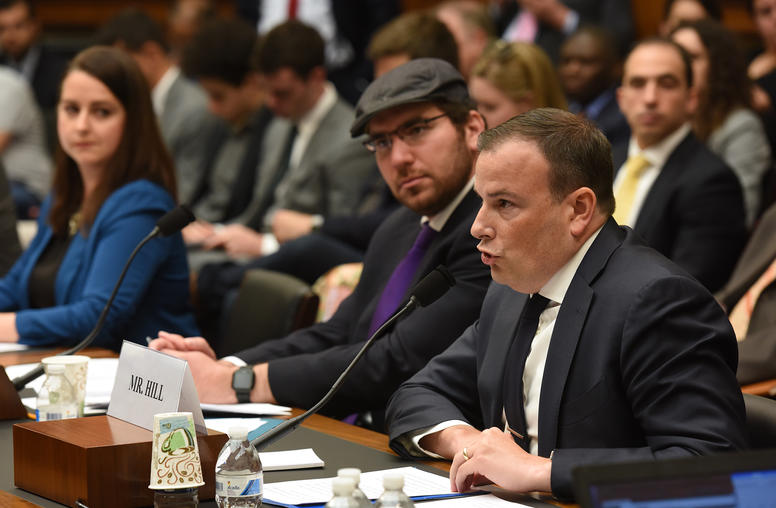
The Conflict in Libya
Thomas Hill, senior program officer for North Africa, testified on May 15 at the House Foreign Affairs Subcommittee on Middle East, North Africa, and International Terrorism hearing on “The Conflict in Libya.”
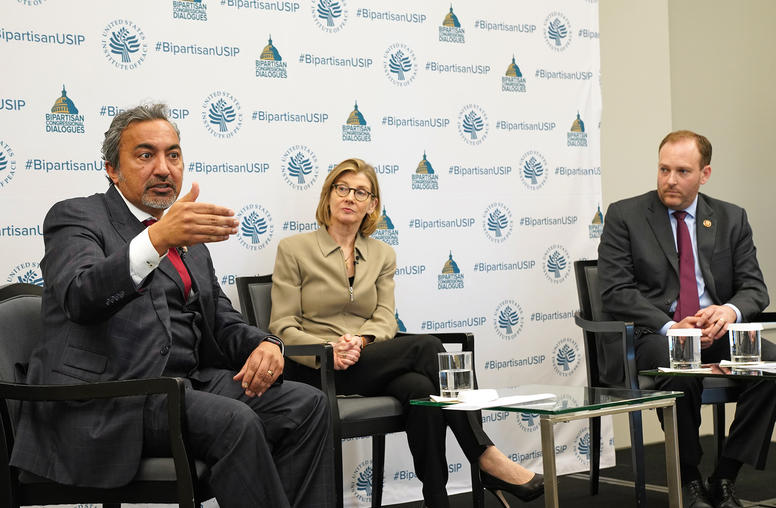
Congressional Oversight for Effective Foreign Policy
As leaders of the House Foreign Affairs Committee’s new panel on oversight and investigations, Representatives Ami Bera (D-CA) and Lee Zeldin (R-NY) agreed that examining the nuts and bolts of diplomacy and development work is a critical—and often unfulfilled—job for Congress.
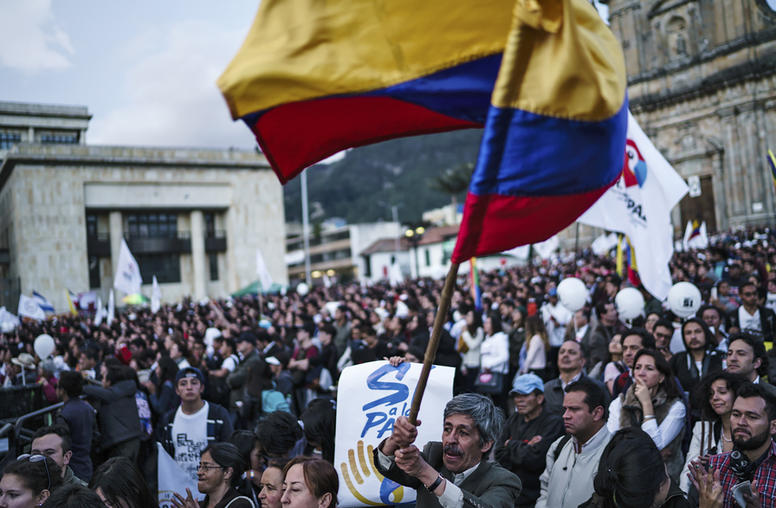
Colombia Lawmakers Debate Peace Deal Challenges
The peace accord that halted a half-century of violent conflict in Colombia has reached a critical juncture. With the population almost evenly split over the terms of the 2016 agreement and a new government led by the party that opposed it, analysts and political figures see sustainable peace as increasingly endangered.